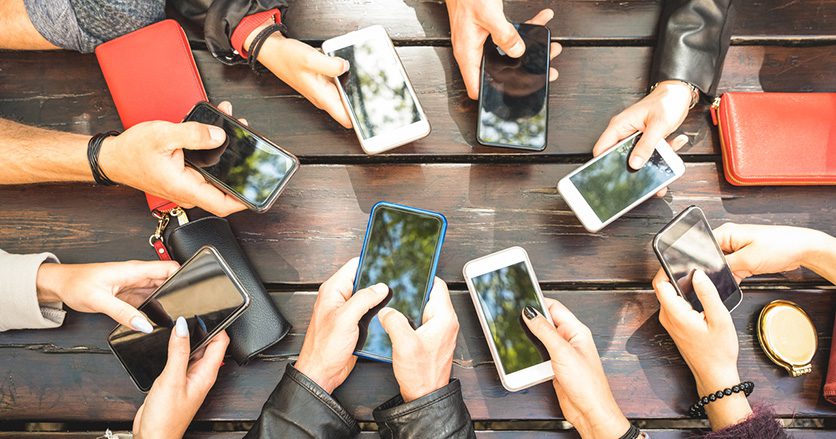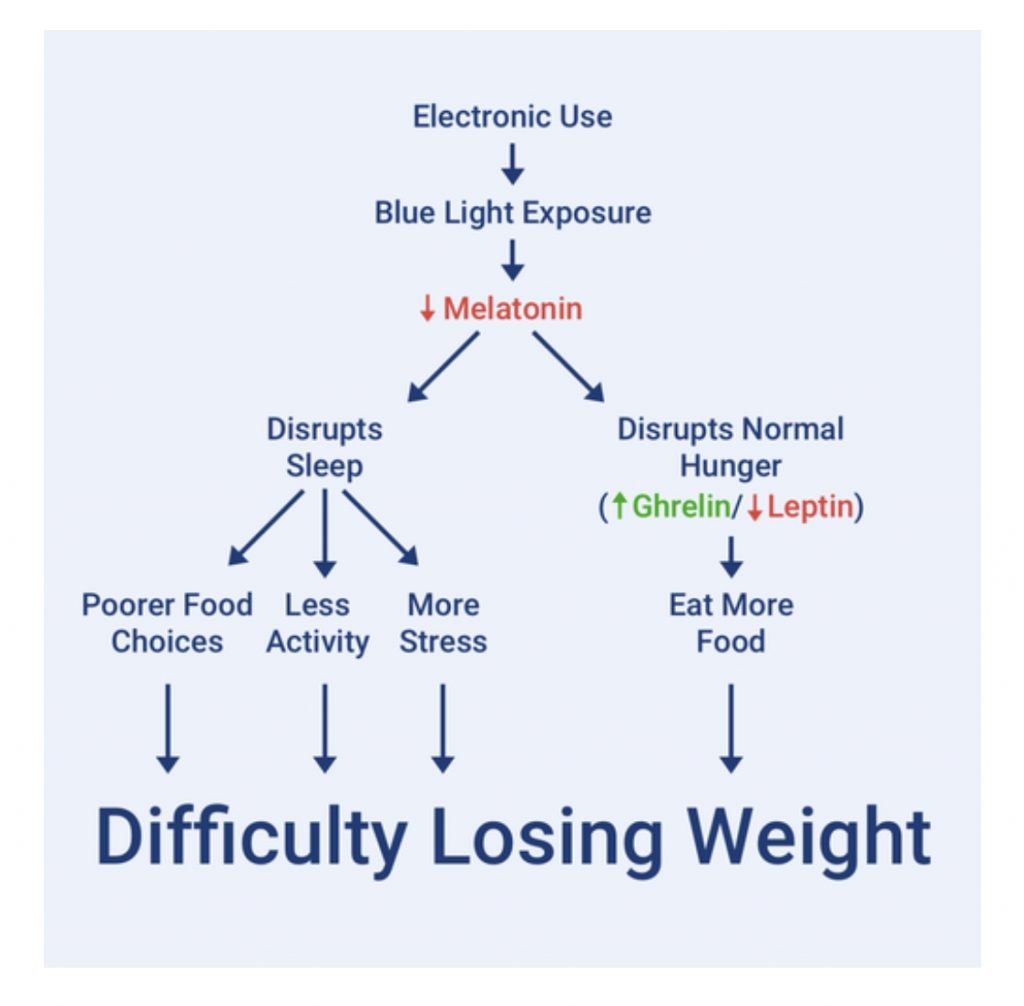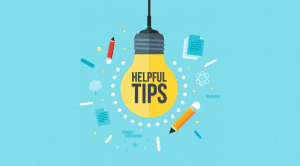Technology
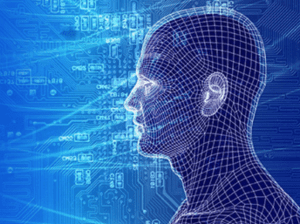
Today’s Technology Teaching is from Dawn Poulterer-Woods:
Overview:
MissionFiT’s 5 Fold Fitness Model
- Spiritual
- Emotional
- Mental
- Physical
- Social
All 5 areas of one’s life is impacted by technology!

Maturity does not come with age, but with intentional life choices, hard work, and surrendering to the strength of the Spirit.
4 Main points:
- The breakdown and distraction from our purpose
- How the brain works
- The dangers of technology on our lives/brains
- The healthy brain
We have Forgotten our Purpose
Christ in us—we are a part of reversing the curse.
Assume there is an enemy.
The “river of culture”:
The Brain—
Continues to develop until age 25
Neuronal Pruning-What you don’t use, you lose
Dirt Road vs Paved Road-repeated activities pave the pathways
The Dangers of Technology—
Addiction is happening: World Health Organization, Persuasive Design, dopamine, losing interest in simple, meaningful aspects of life…
Unable to tolerate or thrive with downtime/boredom
Stunts relationships
Disrupts sleep
Less movement
Increases stress/anxiety
No boundaries between work and leisure
The Healthy Brain—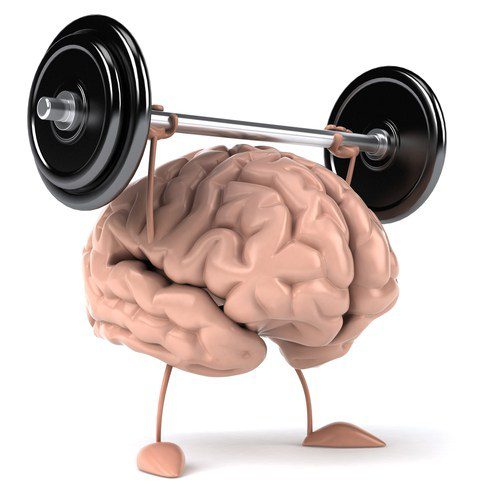
Reading (#1)
Face to Face interaction
Real live experiences
Movement
Consistent, deep sleep
Self-Evaluation—-(blind spots grow worse over time when left unaddressed)
- Can you name some healthy activities you enjoy that have gone by the wayside as a result of imbalanced screen use? These may need to be intentionally chosen again.
- What specific boundaries can you create to keep you from being managed by your screens? Think about this for your family as well? Where can you have “no screen” times/zones?
- What changes have you noticed in your life as a result of too much screen time?
- Are there any other families or friends that you can team up with to make changes in your home? Support through community is imperative.
Homework:
Take the technology quiz below and well as process through Dawn’s questions above.
Below is a list of questions that relate to life experiences common among people who show signs of problematic Internet use. Please read each question carefully, and indicate how often you have experienced the same or similar challenges in the past few months.
When using the internet do you find that you lose track of time and feel surprised when you realize the time spent surfing the web?
Never Rarely Sometimes Often Very Often
Have you been ashamed of or tried to hide how much time you spend on your internet-connected device?
Never Rarely Sometimes Often Very Often
Have you tried to spend less time using your internet-connected device (desktop, smartphone, or tablet) but found it challenging?
Never Rarely Sometimes Often Very Often
Do you find yourself wondering about things on the internet (chat, text messages, website updates) when you are not able to be online?
Never Rarely Sometimes Often Very Often
Are you trying to fall asleep while browsing the internet but having trouble doing so and/or are you waking frequently to check your internet-connected device?
Never Rarely Sometimes Often Very Often
Do you find yourself frustrated and/or upset when others seek your attention while you are online?
Never Rarely Sometimes Often Very Often
Have you experienced issues related to sore fingers/thumbs, eye strain, numbness of extremities, or other physical complications from long periods of internet use?
Never Rarely Sometimes Often Very Often
Has anyone in your personal life expressed concerns about the amount of time you spend on the internet?
Never Rarely Sometimes Often Very Often
Do you find yourself using the internet in specific situations where it might be less appropriate? For example, at school during class, while at work despite rules against it, during a ceremony (funeral/wedding/service), at a theater during a concert/play/movie, etc.
Never Rarely Sometimes Often Very Often
………..
Technology & Food:
We’ve all had those nights when we binged a show on Netflix, blink your eyes and realize that we had just downed a giant bag of chips. But do you know why it happens? Because electronics make us eat more. Studies show that people you eat in front of the TV always eat more than those who don’t. Furthermore, these people even eight more throughout the rest of the day.
Technology & Sleep:
Technology is actually one of the lead reasons people struggle with sleep these days. Reason being, these are incredibly sworn to the human body. it’s interpreted as sunlight, triggering you to stay awake. In nature, when the sun sets, she takes her to primary “awake” signals with her, heat and light. When it starts getting dark outside, you start getting tired. It would make sense, then, that the Opposites of heat and light, dark and cold, would help you fall asleep faster. These signals have been our natural sleep aids for millions of years.
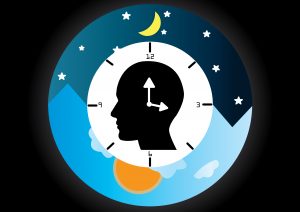
Looking at an artificially illuminated screen has an influence on the human body’s circadian rhythm. In particular, the isolated blue light that emanates from electronic devices is shown to be disruptive to the natural hormonal fluctuations that we experience in concert with the day and night cycles. Unnatural light can delay melatonin secretion (the hormone that primes you for sleep) in the evening, which can lead to any of the associated chronic and acute health consequences of insufficient sleep, including weight gain, reduced immunity, cardiovascular health, metabolic disease, cancer, and reduced motor skill function.
The environmental input from screen use goes beyond its artificial lighting and attention-grabbing nature. Screen-time creates a very near, static focal length for our eyes. The ciliary muscle in the eye relaxes when distance vision is engaged, and it contracts at shorter focal lengths. Gazing at a screen for hours on end is effectively practicing constant contraction of the ciliary muscle. Near “work” in the absence of mid-range and distance “work” influences the progression of myopia.
Prolonged internet use is closely associated with sedentary behavior and all of the associated health consequences.
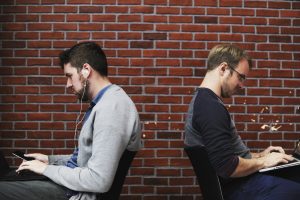
We’re Becoming More Socially Isolated. The internet was designed to connect us with others. It has certainly done this, but it’s also true that the internet can be a cause of disconnection in our lives. For example, a common scene in the modern household is for all family members to be present, with each person staring into their own screen, co-existing without sharing the experience of life. Likewise, it’s not unusual to go out to a café and see nearly every person there completely immersed in their digital device, or to go to a restaurant and see couples or groups of people at a table all staring at their phones.
Electronic communication has revolutionized the way we work and play and provided important social benefits. But when it comes at the expense of interacting with people in person (or even over the phone), there are consequences. Genuine social interaction has been part of the human experience for as long as we’ve been human, and it’s as necessary for health as a nutrient-dense diet, appropriate physical activity, and adequate sleep.
So it shouldn’t come as a surprise that there have been many studies linking excessive internet use to increased social isolation. One study discovered a relationship between the amount of time that adolescents spent online and the ability to connect with others. It was found that kids who self-reported as “low” internet users (less than one hour per day) had better relationships with friends and family than those who reported “moderate” (one to two hours per day) and “high” (more than two hours per day). The authors concluded that excessive internet use can interfere with face-to-face relationships.
Caplan studied a person’s preference for online interaction as a factor in the development of problematic internet usage and the psychological health consequences that can develop as a result. He found that those who preferred to connect with others online would tend to become lonelier and more depressed over time and that people who identified as lonelier and more depressed would have a stronger preference for online interaction rather than face-to-face interaction.
What Can You Do? Awareness is key, and if you interact with the internet on a daily basis, you might consider the following opportunities:
- Recognize that there is a difference between “internet use” and “problematic internet use.”
- Make a point of looking away from your screen routinely to focus on mid-range and far distances.
- Make a point of standing up from your desk routinely to move your body.
- Crowd out unnecessary screen time to do things that bring you joy.
- Schedule face-to-face meetings with friends, family, and coworkers to cultivate community.
- Head outdoors to experience movement and natural environments.
- Question your indoor air quality and work to improve it.
- Turn off screens at a certain time each night; install a program like Flux on your computer to eliminate blue light in the evening.
- To limit blue light on mobile devices at night, try an app like Twilight for Android or Apple’s Night Shift feature that is new with iOS 9.3.
- Put your wireless router on a timer so that the internet is “shut off” each night.

Furthered Learning Articles On Today’s Topic:
Screen Strong is a wonderful organization that teaches on technology and kids. Hundreds of informational blog posts can be found here: https://screenstrong.com/blog/
https://mashable.com/2014/03/14/tech-brains-neuroplasticity/
https://www.huffpost.com/entry/health-effects-of-technol_n_6263120
https://www.medicalnewstoday.com/articles/negative-effects-of-technology


